Unlock Gut Diversity for Better Nutrient Absorption
The Role of Gut Microbiome Diversity in Nutrient Absorption: Strategies to Optimize Your Diet
The human gut houses trillions of microorganisms, forming the gut microbiome. This ecosystem plays a vital role in digestion, metabolism, and health. Gut microbiome diversity significantly impacts nutrient absorption. This post explores how a diverse gut microbiome enhances nutrient absorption and offers strategies for optimizing your diet.
Understanding Gut Microbiome Diversity
Gut microbiome diversity includes various microorganisms in the gastrointestinal tract, such as bacteria, viruses, fungi, and protozoa. A diverse microbiome promotes efficient food breakdown and essential vitamin production. Research shows that individuals with higher microbiome diversity experience better health outcomes, improved digestion, and enhanced immune function.
Diverse gut flora absorb vital nutrients like calcium, magnesium, iron, and B vitamins. Certain gut bacteria synthesize B vitamins and short-chain fatty acids, crucial for bodily functions. A diverse microbiome creates a balanced gut environment, reducing susceptibility to harmful bacteria and pathogens. This balance prevents gastrointestinal issues like bloating, constipation, and irritable bowel syndrome (IBS).
The Importance of Nutrient Absorption
Nutrient absorption allows the body to take in vitamins, minerals, amino acids, and essential compounds from food. Proper nutrient absorption maintains energy levels, supports immune function, and promotes overall health. A diverse gut microbiome improves nutrient absorption efficiency, enhancing the body’s nutrient utilization.
For instance, a diverse microbiome breaks down complex carbohydrates, allowing better absorption of sugars and fibers. Specific bacteria enhance the bioavailability of minerals like iron and calcium. You must consume these nutrients and ensure your body absorbs them effectively.
Tips for Enhancing Gut Microbiome Diversity
1. Eat a Variety of Foods
To nurture your gut microbiome, consume a wide range of foods. Include fruits, vegetables, whole grains, legumes, nuts, and seeds in your diet. Each food type supports different bacteria, promoting diversity. Fiber-rich foods help beneficial bacteria aid digestion. Polyphenol-rich foods like berries and green tea enhance health-promoting gut flora growth.
2. Incorporate Fermented Foods
Fermented foods contain probiotics, live microorganisms that provide health benefits when consumed adequately. Foods such as yogurt and kefir boost gut health.
Conclusion
Gut microbiome diversity plays a crucial role in nutrient absorption. Adopting diverse dietary strategies can enhance your gut health.
Below are related products based on this post:
FAQ
What is gut microbiome diversity and why is it important?
Gut microbiome diversity refers to the variety of microorganisms present in the gastrointestinal tract, including bacteria, viruses, fungi, and protozoa. It is important because a diverse microbiome enhances digestion, improves nutrient absorption, and strengthens immune function, leading to better overall health outcomes.
How does a diverse gut microbiome improve nutrient absorption?
A diverse gut microbiome improves nutrient absorption by breaking down complex carbohydrates and enhancing the bioavailability of minerals such as iron and calcium. Certain beneficial bacteria also synthesize essential vitamins like B vitamins, which are crucial for various bodily functions.
What are some effective strategies to enhance gut microbiome diversity?
To enhance gut microbiome diversity, it is recommended to eat a variety of foods, including fruits, vegetables, whole grains, legumes, nuts, and seeds. Additionally, incorporating fermented foods like yogurt and kefir into your diet can introduce beneficial probiotics that support gut health.
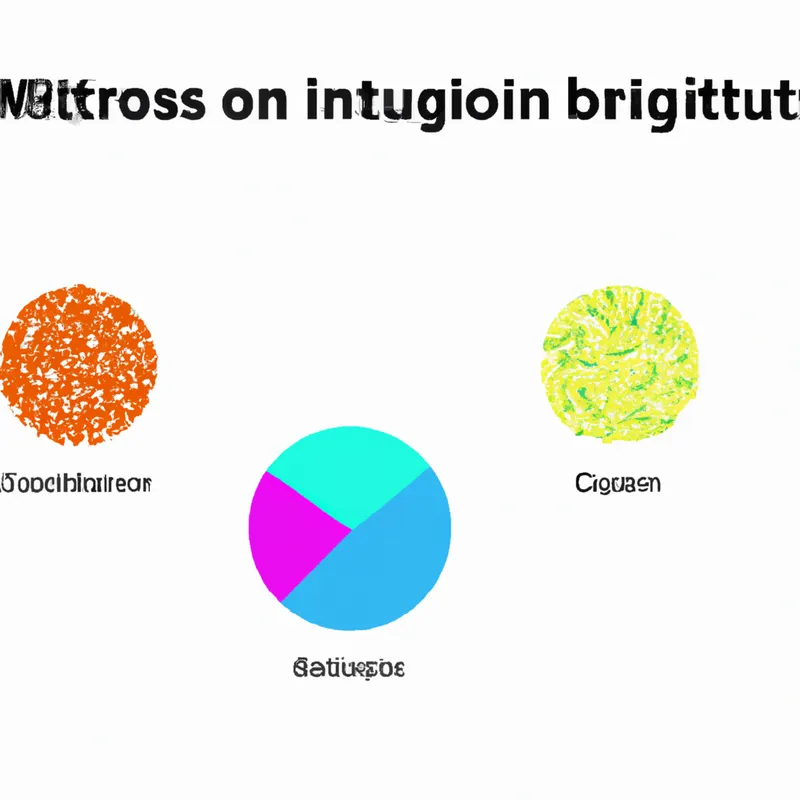



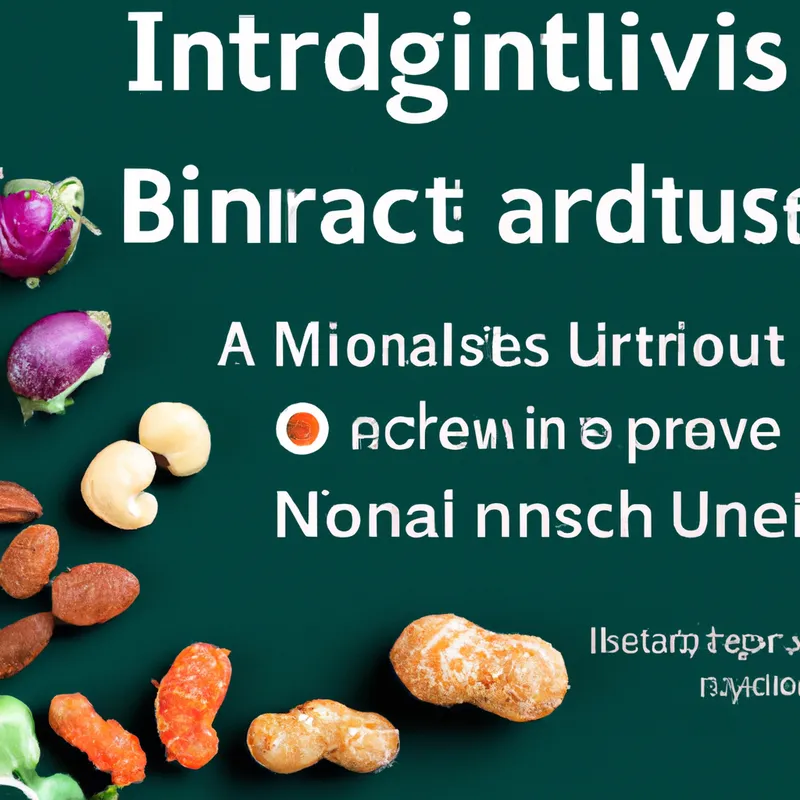


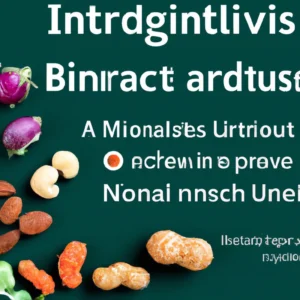

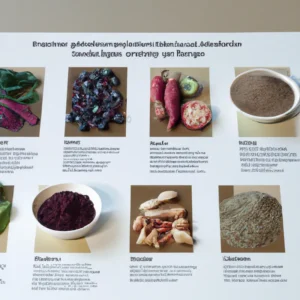

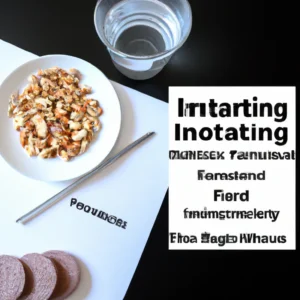
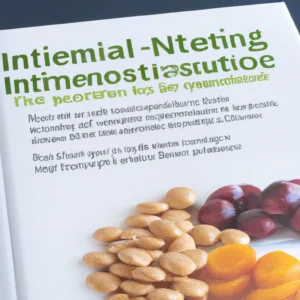
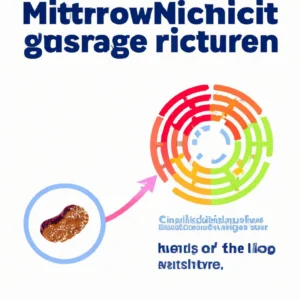

Post Comment